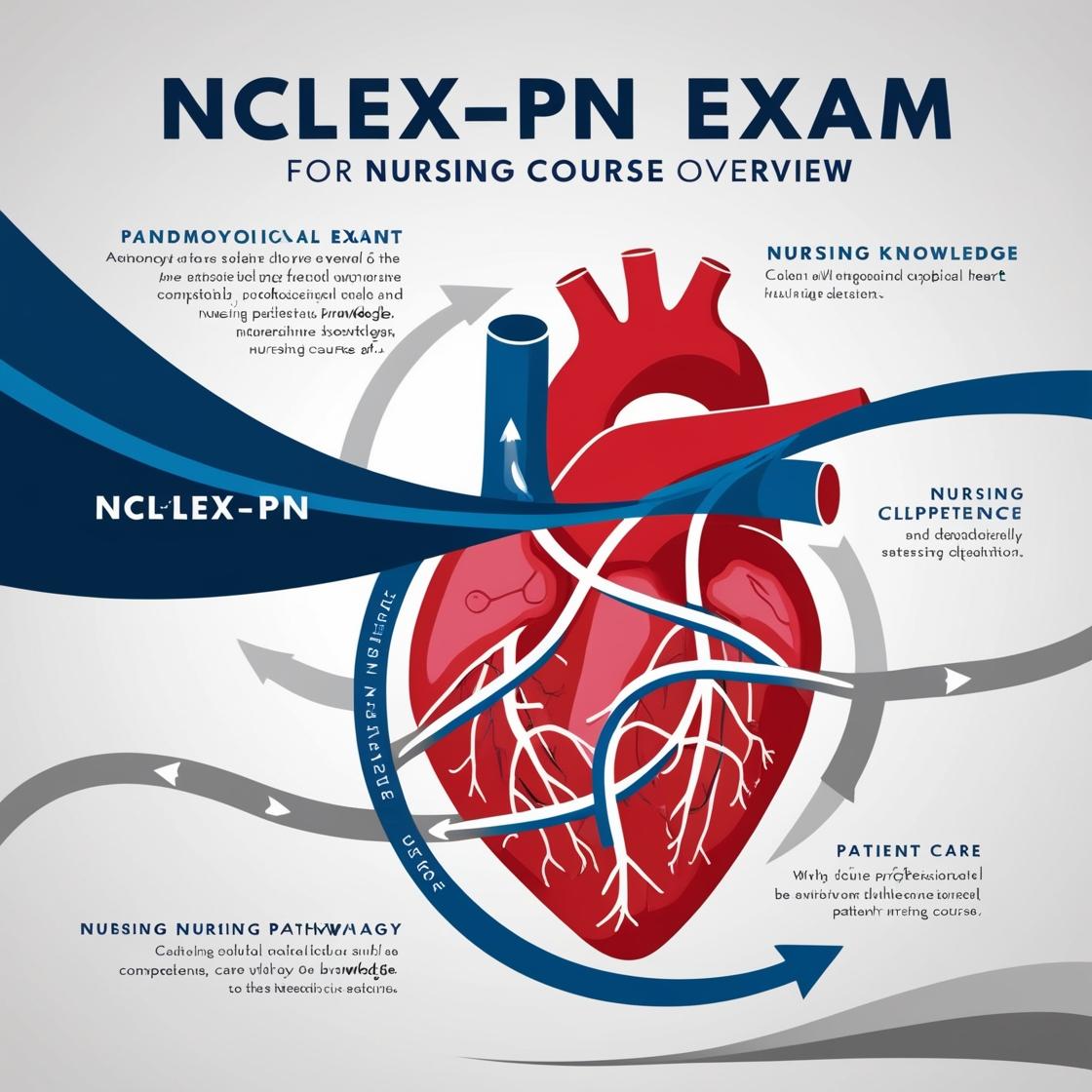NCLEX NCLEX-PN
Nclex Practice Questions 2024
1. A client recently lost a child due to poisoning. The client tells the nurse, 'I don’t want to make any new friends right now.' This is an example of which of the following indicators of stress?
- A. emotional indicator
- B. spiritual indicator
- C. sociocultural indicator
- D. intellectual indicator
Correct answer: C
Rationale: The correct answer is C, 'sociocultural indicator.' This client's reluctance to make new friends after experiencing a traumatic event like losing a child is a clear sign of sociocultural stress. Sociocultural stress can impact a person's social interactions, relationships, and cultural practices. Choices A, B, and D are incorrect. Choice A, 'emotional indicator,' would focus on emotional responses directly related to stress. Choice B, 'spiritual indicator,' refers to stress related to spiritual beliefs, practices, or values, which is not evident in this scenario. Choice D, 'intellectual indicator,' is not a recognized category of stress indicators in this context.
2. Social support systems include all of the following except:
- A. call-in help lines
- B. emotional assistance provided by others
- C. community support groups
- D. use of coping skills and verbalization for anger management
Correct answer: D
Rationale: Social support systems involve external sources of support like call-in help lines, emotional assistance from others, and community support groups. These external resources provide individuals with assistance and comfort. Coping skills and verbalization for anger management are personal strategies that individuals use to manage emotions internally. While these skills can be beneficial, they are not considered part of external social support systems.
3. The difference between spirituality and religion is that spirituality is:
- A. a belief about a higher power.
- B. an individual's relationship with a higher power.
- C. organized worship.
- D. a belief in an invisible energy or ideal.
Correct answer: B
Rationale: The correct answer is 'an individual's relationship with a higher power.' Spirituality is more about personal connection, beliefs, and experiences related to a higher power or force, whereas religion is often associated with organized practices, rituals, and doctrines within a specific faith community. Choice A is incorrect as spirituality goes beyond just believing in a higher power; it encompasses a personal connection. Choice C, 'organized worship,' is incorrect because spirituality can exist outside formal religious settings. Choice D is incorrect as it oversimplifies spirituality as merely a belief in an invisible energy or ideal, missing the relational aspect with a higher power.
4. What can the nurse instruct the mother of a teething 9-month-old infant to relieve discomfort?
- A. Rub the infant's gums with baby aspirin dissolved in water.
- B. Obtain an over-the-counter (OTC) topical medication for gum pain relief.
- C. Schedule an appointment with a dentist for a dental evaluation.
- D. Give the infant cool liquids or a Popsicle and hard foods such as dry toast.
Correct answer: D
Rationale: Teething in infants can cause discomfort, but it is a normal process. Symptoms may include nighttime awakening, daytime restlessness, excess drooling, and temporary loss of appetite. The recommended approach to relieve teething discomfort includes providing cool liquids, a Popsicle, or hard foods like dry toast for chewing. These items can help soothe the infant's gums. Rubbing the gums with baby aspirin dissolved in water is not recommended as it can be harmful. OTC topical medications are unnecessary for teething discomfort. Scheduling a dental evaluation is not required solely for teething. It's important to avoid home remedies like baby aspirin and opt for safer options like cool liquids. If necessary, acetaminophen (Tylenol) can be used under healthcare provider guidance to alleviate discomfort.
5. A nurse is teaching the mother of an 11-month-old infant how to clean the infant's teeth. The nurse tells the mother to take which action?
- A. Use a small amount of toothpaste and a soft-bristle toothbrush
- B. Use water and a cotton swab and rub the teeth
- C. Use diluted fluoride and rub the teeth with a soft washcloth
- D. Dip the infant's pacifier in maple syrup so that the infant will suck
Correct answer: C
Rationale: The correct action when cleaning an infant's teeth is to use water and a cotton swab to gently rub the teeth. This method helps in removing any food particles or plaque buildup without the risks associated with toothpaste ingestion. Using a small amount of toothpaste and a soft-bristle toothbrush is not recommended for infants as they may swallow the toothpaste, leading to potential fluoride ingestion issues. Using diluted fluoride and rubbing the teeth with a soft washcloth is unnecessary at this age since infants typically receive fluoride through other sources like formula. Dipping the infant's pacifier in maple syrup is highly inappropriate and poses a significant risk of tooth decay due to the high sugar content, which can harm the infant's teeth.

Access More Features
NCLEX PN Basic
$69.99/ 30 days
- 5,000 Questions with answers
- Comprehensive NCLEX coverage
- 30 days access
NCLEX PN Premium
$149.99/ 90 days
- 5,000 Questions with answers
- Comprehensive NCLEX coverage
- 90 days access
